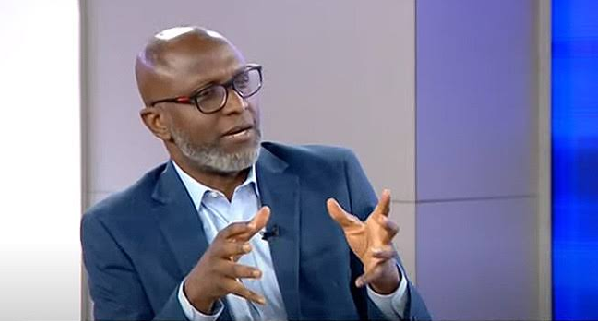Former Presidential Aide, Laolu Akande has spoken in support of the legislative proposed idea of having all the national elections in one day, saying, it makes things easier for the electorate and could improve voter turnout.
He, however wonders if the Independent National Electoral Commission (INEC) and the security agencies are ready for the challenges.
Akande, a veteran journalist spoke when featuring on Channels TV 10pm News Flagship Saturday night, February 10, 2024, where he featured as a news analyst and was asked about the possibility of the proposal and its modalities.
He said, “I think that it is going to be an innovative adoption and an idea because if you look at least all the way back to the first, second and third up to the fourth republic, I don’t think that we’ve had all the elections in one day.
“As a matter of fact, in the Second Republic, the presidential election came first and the national elections and then some weeks after you had the gubernatorial. In the third republic, it was something similar, we had years, almost a year difference between 1992 when the governors were elected and 1993 when we had the famous presidential election.”
“So, if this is going to take place, it will be very unique in our history. But, I think these are very good points, quite a bit of an advantage, first of all, it reduces the cost of the whole election. Secondly, it is possibly going to be more convenient for the voters and maybe that can even help get more of the people in the electorate to vote then of course, there is the collateral that is avoided because then people can do other things, they don’t have to wait for too more to suspend of economic activities, at times, academic activities and social activities.
“So, if you have it in one day, you can avoid reduction of economic activities and other things. Those are the strong points in favour of holding the elections in one day. But the big problems are the logistics challenge that this is going to incur especially on the part of INEC and the security agencies,” Akande said.
However, considering the strength and INCE’s preparedness and the possible security challenges, Akande said, “If you look at the balance of it, if INEC and the security agents can deliver properly and manage the terrain and geographical issues, it might be worthwhile for us to try.”
He spoke on the logistics issues and its practicability, saying, “I will really think it is quite going to be a bit of challenge for INEC and the security people for the simple reason like I said we have not done this in our history, judging from 1979, the national elections were held and the states held in separate days.
“It might just help the electorate as it is done in other countries, even in Africa. Everybody knows in the US that there is a Tuesday in November when elections are going to be held and that can get the people out but we are going to depend on the ability of INEC and the security agencies to get this thing done in one day. It is practicable.”
On the technological challenges, the veteran journalist said, “Technology does have the ability to make difficult things easier. I can imagine that if we have electronic transmission of results, that might reduce some of the logistics challenges of having to have collation centres here and there and movement of materials from one place to the other.”
“However, the flip side of that is the technology has to be top-notch so that we don’t have a repeat of the situation we had in February last year when what was promised could not be delivered. Technology can facilitate having an election in one day. It is a novel idea,” Akande said.


